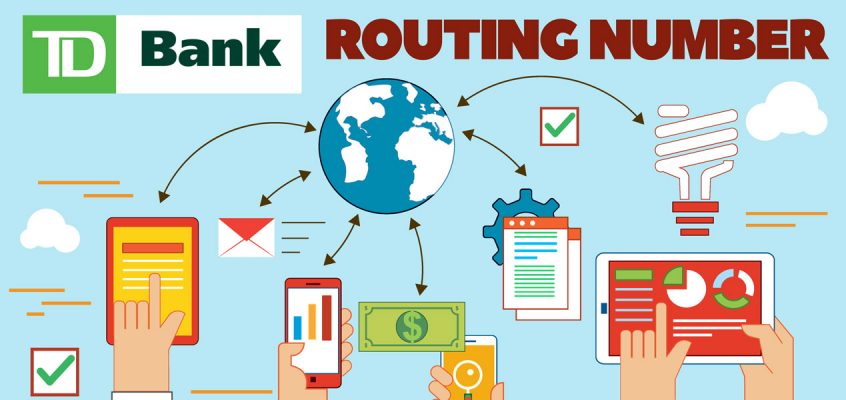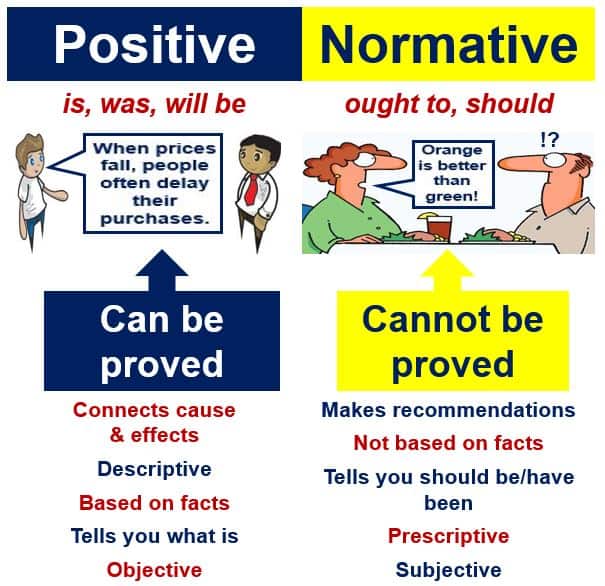Introduction
In the realm of economics, understanding statements is crucial in making informed decisions. Economic statements can be classified into two categories: and normative. This article aims to delve into the concept of economic statements. We will explore their definition, significance,positive economic examples, and their role in shaping economic policies and decisions.
What is a Positive Economic Statement?
A positive economic statement is a factual statement based on observable and measurable economic phenomena. It describes how the economy functions without expressing any personal opinion or judgment. These statements can be tested and verified using data and evidence, making them objective and non-controversial.
Characteristics of Positive Economic Statements
Positive economic statements possess certain distinguishing features:
- Objectivity: These statements are based on empirical evidence and are devoid of subjective opinions.
- Venerability: statements can be tested through observations and data analysis.
- Non-Prescriptive: They do not recommend or suggest a course of action.
- Descriptive Nature: These statements describe the existing economic situation.
Examples of Positive Economic Statements
- Unemployment Rate: “The unemployment rate in the country declined by 2% in the last quarter.”
- GDP Growth: “The country’s GDP grew by 5% during the fiscal year 2022-2023.”
- Inflation Rate: “The inflation rate reached 2.5% due to increased fuel prices.”
- Consumer Spending: “Consumer spending increased by 10% during the holiday season.”
- Interest Rates: “The central bank raised interest rates by 0.5% to control inflation.”
- Exchange Rates: “The local currency depreciated against the US dollar by 5%.”
- Export Volume: “Export volumes decreased by 15% compared to the previous year.”
- Government Debt: “The national debt stands at $2.5 trillion as of the latest report.”
The Importance of Positive Economic Statements
Positive economic statements play a pivotal role in economic analysis and decision-making. Here’s why they are significant:
- Policy Formulation: Policymakers use economic statements to formulate effective economic policies.
- Business Strategies: Corporations and businesses rely on these statements to plan their strategies.
- Investment Decisions: Investors use economic statements to make informed investment choices.
- Academic Research: Economists use these statements as a basis for economic research.
- Public Understanding: statements enhance public understanding of economic situations.
Positive vs. Normative Economic Statements
It is crucial to differentiate between and normative economic statements. Normative statements involve subjective judgments, opinions, or value-based conclusions, while statements are objective and based on evidence.
Examples of Normative Economic Statements:
- “The government should increase taxes on the wealthy to reduce income inequality.”
- “The minimum wage should be raised to ensure a living wage for all workers.”
Example of a Positive Economic Statement:
“An increase in the minimum wage may lead to higher unemployment among low-skilled workers.”
The Role of Positive Economic Statements in Decision-Making
statements influence various economic decisions and policies. Let’s explore their impact in different spheres:
1. Government Policies
Positive economic statements provide governments with a factual basis to design and implement economic policies. For instance:
- “Increased government spending on infrastructure can stimulate economic growth.”

2. Business Decisions
Businesses rely on positive economic statements to strategize and make informed decisions. For example:
- “A decline in consumer confidence may lead to reduced product demand.”
3. Monetary Policies
Central banks use positive economic statements to determine appropriate monetary policies. For example:
- “A decrease in inflation allows central banks to lower interest rates to spur borrowing and investment.”
4. International Trade
Countries use positive economic statements to assess the implications of international trade. For example:
- “A weaker currency may boost export competitiveness but increase import costs.”
5. Employment Strategies
Employers consider positive economic statements when developing employment strategies. For example:
- “A growing economy with low unemployment may lead to higher wage demands.”
Common Misinterpretations of Positive Economic Statements
Misinterpretation of statements can lead to erroneous conclusions. Here are some common misconceptions:
- Causation vs. Correlation: People may mistake correlation for causation, assuming two variables are directly linked when they are not.
- Sweeping Generalizations: Drawing broad conclusions from specific economic observations can be misleading.
- Ignoring External Factors: Failing to account for external factors may lead to incomplete analyses.
- Assuming Stability: Assuming that economic patterns will remain constant can be risky in a dynamic economy.
FAQs
- Are all economic statements positive?
No, economic statements are categorized as or normative. statements are objective and based on facts, while normative statements involve subjective judgments.
- Can positive economic statements change over time?
Yes,statements can change as the economic situation evolves and new data becomes available.
- How do positive economic statements impact policymakers?
Positive economic statements provide policymakers with factual information to develop effective economic policies.
- Why is it essential for businesses to understand positive economic statements?
Businesses need to comprehend positive economic statements to make informed decisions and plan strategies accordingly.
- What role do economic statements play in investment decisions?
economic statements help investors assess the economic climate and make prudent investment choices.
- Can economic statements be disputed?
While statements are based on evidence, interpretations can vary, leading to some disputes among economists.
Conclusion
Understanding positive economic statements is vital in comprehending the true state of the economy. These statements serve as a foundation for policymakers, businesses, investors, and researchers to make informed decisions. By grasping the distinction between and normative statements, we can make more accurate economic assessments and shape a prosperous future.









